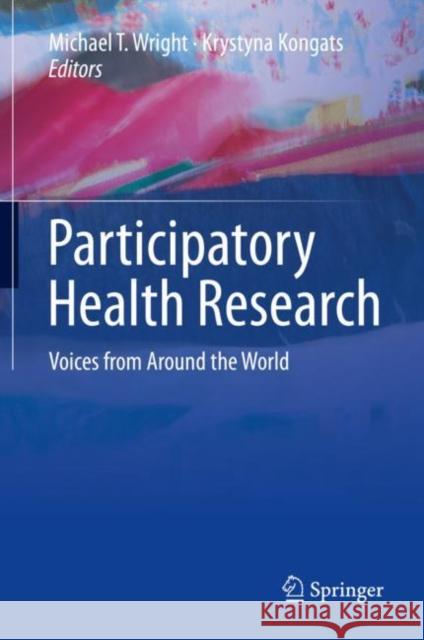Participatory Health Research: Voices from Around the World » książka
topmenu
Participatory Health Research: Voices from Around the World
ISBN-13: 9783319921761 / Angielski / Twarda / 2018 / 278 str.
Kategorie BISAC:
Wydawca:
Springer International Publishing AG
Język:
Angielski
ISBN-13:
9783319921761
Rok wydania:
2018
Wydanie:
2018
Ilość stron:
278
Waga:
0.55 kg
Wymiary:
16.4 x 24.1 x 2.6
Oprawa:
Twarda
Wolumenów:
01
Dodatkowe informacje:
Wydanie ilustrowane











